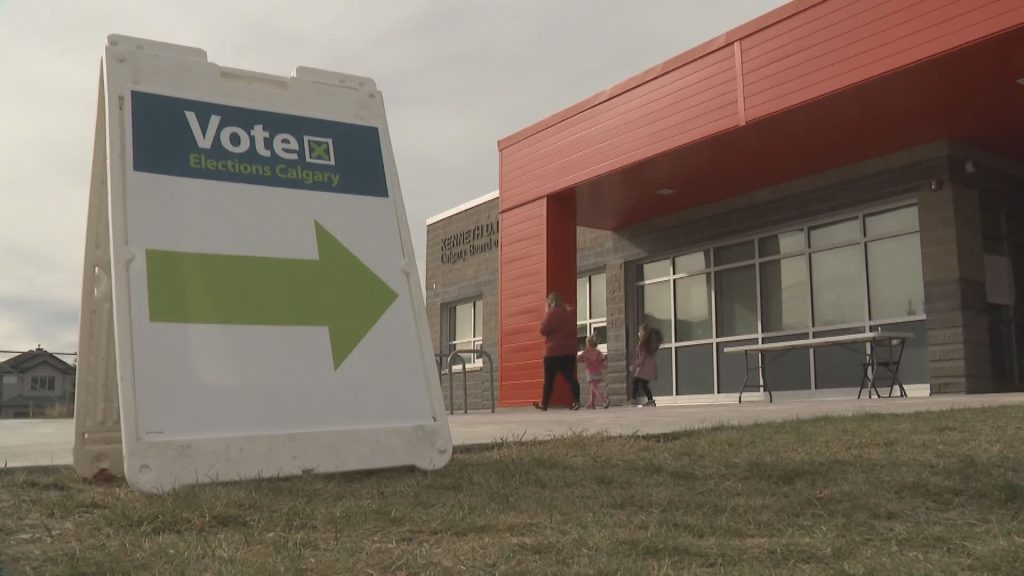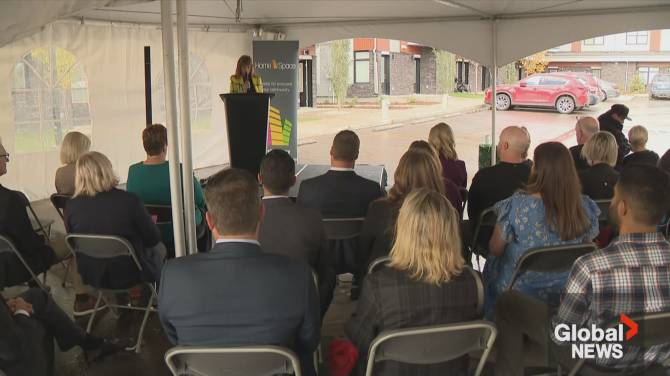Calgarians have a long history of directly participating through public votes. democracy via public votes.
In December 1912, the city’s nearly 44,000 citizens were first called to vote on a decision about the election of commissioners a public vote on the election of commissioners.Calgarians could choose whether they supported an election by the people or an appointment by city council. That vote went nearly 10-to-1 in favor of the people's vote for commissioners.
Calgarians have voted more than 150 times over the years for things like daylight saving time (five times), fluoridation (seven times), the ward system (at least four times), the transit system (seven times), the hours firefighters work (five times), and the building of infrastructure like bridges, libraries, swimming pools, and hospitals.
Provincial and federal public votes on which Calgarians voted have included topics ranging from conscription to prohibition, and the Charlottetown Accord.
A number of specific topics also underwent public vote in the 112 years since that first one.
The decision to tax church property was voted on in December 1914, which saw 55 percent of Calgarians in opposition.
Two years later, a vote on “proportional representation” had two-thirds of voters in favor of it.
In 1918, nearly 72 percent of voters were in favor of closing retail stores at 9 p.m. on Saturdays.
In 1920, 60 percent of Calgary voters were in favor of a curfew.
The following year, the same percentage of Calgarian voters were against a “public bath house.”
In 1949, the Mewata Stadium grandstand, with an estimated price tag of $75,000, failed with only 46 percent of the 9,086 ballots cast in favor of it.
Recent high profile public votes include whether the city should ask the province to remove video lottery terminals (VLTs) in 1998, with 58 percent of voters not in favor of the move.
In November 2018, a public vote was conducted on whether Calgary should bid to host the 2026 Olympic Winter Games, which lost after 56 percent of voters opted, “No.”
And in the most recent municipal election, nearly 62 percent of voters were in favor of reintroducing fluoride to tap water.
By decade, the 1920s had the highest number of issues going to public vote in the southern Alberta city, numbering 46 in total. The number of public votes has decreased every decade since.




